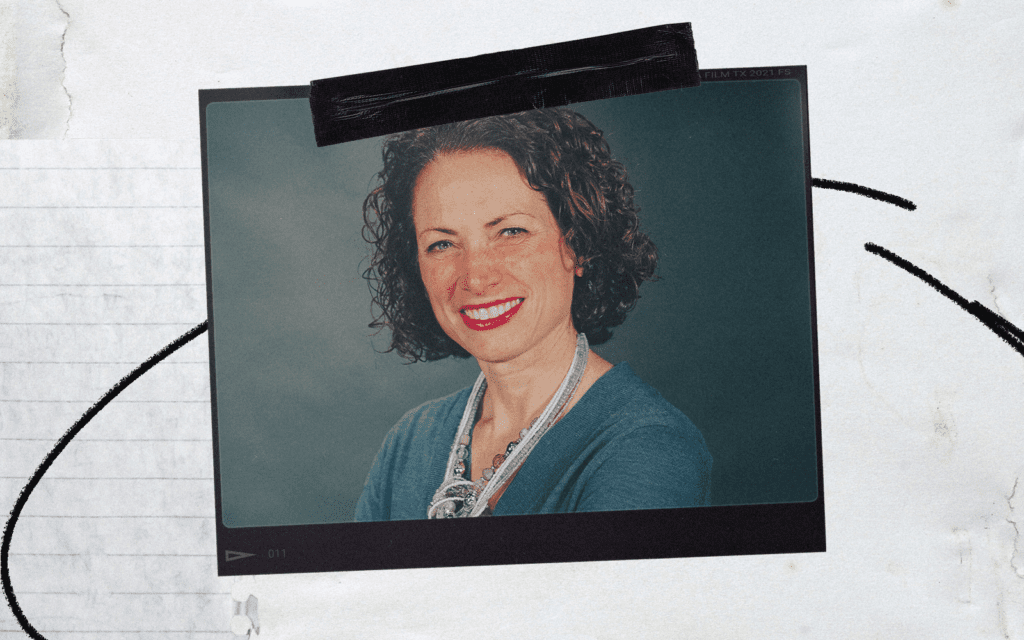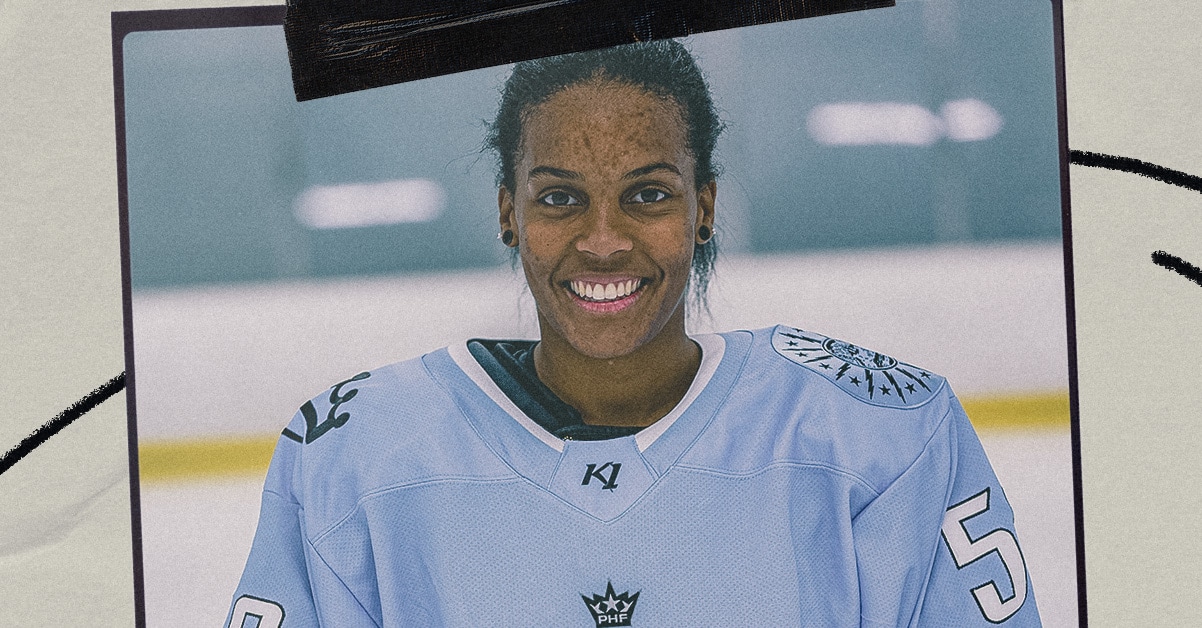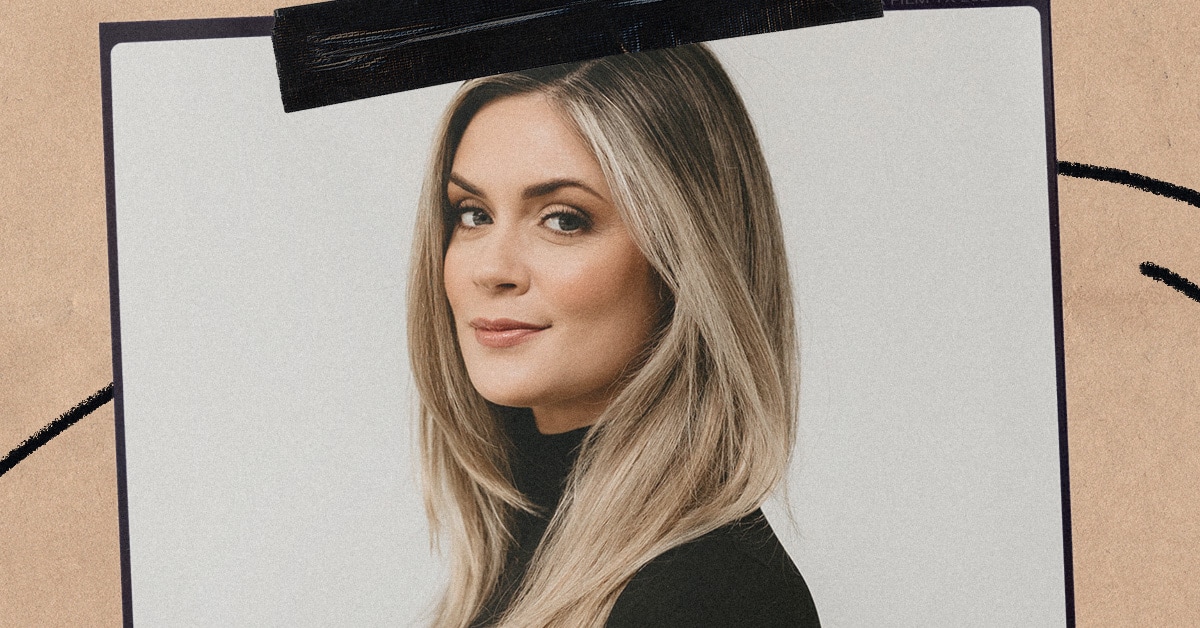She’s Got Next: Liz DiLullo Brown, Little League International

A creative and inclusive leader with experience in marketing, communication, partnerships and strategic planning, Liz DiLullo Brown became the first female senior executive at Little League International. She currently serves as the organization’s chief marketing officer and senior vice president of marketing and communications, is a mom of two and is a lifelong believer in the power of how sports can change lives.
What does it mean to you to be Little League’s first female senior executive?
At the time that it happened, I remember being uncomfortable with it being so focused on the position of the first female senior leader because I just viewed myself as having an opportunity to dive deeper into the responsibility of leadership. I think right now if I were to reflect on it, what is probably more meaningful to me is that the dynamic has truly changed. The organization’s leadership “table” has added more seats and that for me is really important, particularly when it comes to creating more opportunities for women.
What is a challenge you faced when you joined Little League International and how did you approach it?
I think every day is a challenge in different ways. That’s part of being in marketing and communications, which is really fast paced and innovative. A lot of the work I do is in creating value-driven partnerships – and no partnership looks the same.
About 10 years ago, the organization was really focused on using research to determine how to keep the program relevant for the long-term and to grow in new ways. I was asked to lead a study that set us on this path of using research to make stronger decisions, using it to determine ways we could grow our program, and where to invest our resources of time, energy, and dollars.
At the time, I had never led a research study before. It was a really good challenge, and when I reflect on what it taught me, I can see how I’ve integrated research into my daily work. Using research as a foundation to make decisions is a business differentiator. Ten plus years ago, I had that challenge, or as I’d rather say that opportunity, and now I’m able to see how relevant it is in everything I do today.
You played NCAA field hockey at Kutztown University. What are some of the lessons you learned from playing sports that apply in business?
The one thing my college coach always emphasized to all of us is that everyone has a role on the team, and she was intentional about personally connecting with us and our families. You knew who was going to be the person who would be charged with scoring goals or in my case serving up the “assist.” I always knew what my role was. And I think whether that role was on the field or off the field, I always felt like I knew where I stood with her. I’ve been reminded of her influence lately as we’ve reconnected this past year.
When I think about leading a team or building a team, in particular coming out of the pandemic when we were rebuilding in so many ways, it’s really important that people know where they stand, what role they play, and how their talents can be best utilized to benefit the team. That feels so important to me today, because what we do every day at Little League is in support of the idea of team.
My dad was a coach and he coached so many sports, ending his career with coaching women’s sports (he was my coach in track and field at one point in time). Growing up, we always joked that he was the only man in the house — even the cat and dog were female – so he was surrounded by women all the time, including when he coached sports. The mainstay of his coaching philosophy was always stressing the importance with his athletes (and my sister and I) of having a positive mental attitude – PMA he called it. Even later in life when I’ve discussed career or life challenges with him, he would say, “You’re always going to have challenges, but don’t forget about your PMA.” I’ve been able to use that with him, too, at times, which is ironic when the role is reversed. I think that’s been a really important influence, thinking about positive mental attitude, and that’s applicable to everything you do every day no matter what career or job you’re in.
What’s one way that businesses – both sports and otherwise – can help build a more inclusive culture/society?
This topic is so personally important to me especially right now as I am engaged in the master’s program at Tufts University in Diversity, Equity, Inclusion and Justice. I made the decision a few years ago that I was going to lean into this more formally and gain expertise. That has changed my framework and my knowledge of what it looks like to be inclusive. I think that is really important as I come to work every day, to think about what I’m learning in academia and how I can bring that into the work environment.
In sports, if you subscribe to the belief that a participatory sports experience, and sports generally, can parallel life, then you can see why inclusion is so important. You can see why it is important to create an environment that creates a goal for the outcome of belonging. Just like on a sports team when everyone has a role, you must create a work environment where everyone feels like what they do matters. I believe only then you can do your best work.
It is also incumbent on individuals, but leaders especially, to use your voice to make change. Sometimes this makes you feel like the “squeaky wheel” but when I see something or feel something that needs to change to create more inclusion, you must speak up and be an active part of change.
What projects are you are currently working on that have you most excited?
Some of the projects I have been involved with the last few years have been extremely focused on creating meaningful and impactful ways to engage and support families, players and local Little Leagues in particular. We have seen a lot of direct, measurable impact on individuals that we have helped to participate in our program through grants for registration fees, equipment, and field refurbishments — these things are important to not just sustaining our program but creating more access and opportunity for participation.
These initiatives have led to a more intentional effort to development new ways to think about impact and how to create it more formally. It’s an exciting time to see our strategy for the future include programs that will continue to demonstrate a direct impact on thousands of local leagues and families.
We also have continued the movement to be more inclusive of females at all levels of our program and utilize our Girls with Game initiative, which started as a campaign around Women’s History Month. It’s led to the adoption of a female inclusion strategy, which is part of our overall strategic plan. It includes things like increasing the number of female coaches in our program, giving more meaningful training to these individuals, and ensuring there is an inclusive path for girls to play throughout their Little League career.
Read More From The “She’s Got Next” Series
Ready for more She's Got Next? Find the whole series here.


